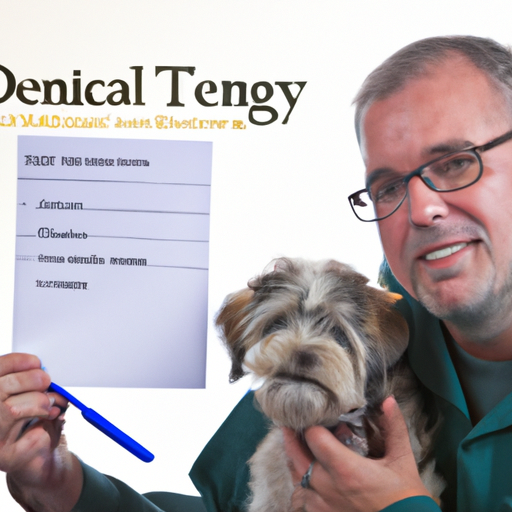“`markdown
How Much to Pull a Dog’s Tooth
1. Understanding the Cost Factors
As a caregiver, you understand that the health and well-being of your pet is paramount. When it comes to dental health, the cost to pull a dog’s tooth can vary greatly depending on several factors:
-
Location: The cost of veterinary care can differ significantly based on your geographical location. Urban areas with a higher cost of living typically have higher veterinary costs.
-
Veterinary Clinic: The clinic’s pricing structure can also affect the cost. Some clinics may charge higher fees due to their reputation, range of services, or the quality of their facilities.
-
Dog’s Health: If your dog has underlying health conditions, the cost may be higher due to the need for additional care or precautions.
-
Complexity of the Procedure: The cost also depends on whether it’s a simple extraction or a more complex procedure, like removing an impacted tooth.
Typically, you can expect to pay between $100 and $800 per tooth extraction.
2. The Importance of Regular Dental Care
Regular dental care is crucial for your dog’s overall health. Poor dental hygiene can lead to numerous health issues, including heart disease and kidney disease. Here are some tips to help maintain your dog’s dental health:
-
Brush your dog’s teeth regularly: This is the most effective way to prevent dental disease.
-
Provide dental chews and toys: These can help clean your dog’s teeth and keep them healthy.
-
Regular Veterinary Check-ups: Your vet can give your dog professional cleanings and check for any signs of dental disease.
3. The Procedure of Tooth Extraction
If your dog needs a tooth extraction, here’s what you can expect:
-
Pre-operative Exam: The vet will conduct a thorough examination to determine the best course of action.
-
Anesthesia: Dogs are put under general anesthesia during tooth extractions.
-
Extraction: The vet will remove the tooth and suture the area if necessary.
-
Post-operative Care: Your dog may need pain medication and a special diet while they recover.
4. Options for Financing the Procedure
If the cost of tooth extraction is a concern, there are several options to help you manage the cost:
-
Pet insurance: Some pet insurance plans cover dental care.
-
Payment plans: Some vets offer payment plans to help spread the cost over time.
-
Charitable funds: There are numerous organizations that can help with veterinary costs in cases of financial hardship.
5. Frequently Asked Questions
Q: How can I tell if my dog needs a tooth extraction?
A: Symptoms can include bad breath, difficulty eating, excessive drooling, and visible changes in the mouth. Always consult with a vet if you suspect dental problems.
Q: What is the recovery time for a dog tooth extraction?
A: It usually takes a few days to a week for your dog to fully recover. During this time, they may need pain medication and a soft diet.
Q: Can a dog live a normal life after a tooth extraction?
A: Absolutely! Dogs can lead a completely normal life after a tooth extraction. They can still eat and play as they did before, they may just need a softer diet immediately following the procedure.
By understanding the factors that influence the cost of tooth extraction, you can make informed decisions about your dog’s dental health. Remember, regular dental care is the best way to prevent dental disease and potentially costly procedures.
“`



